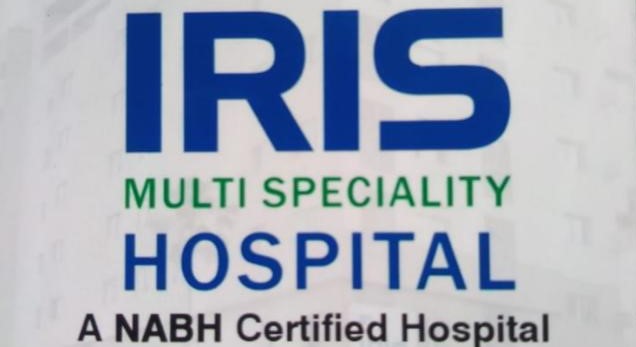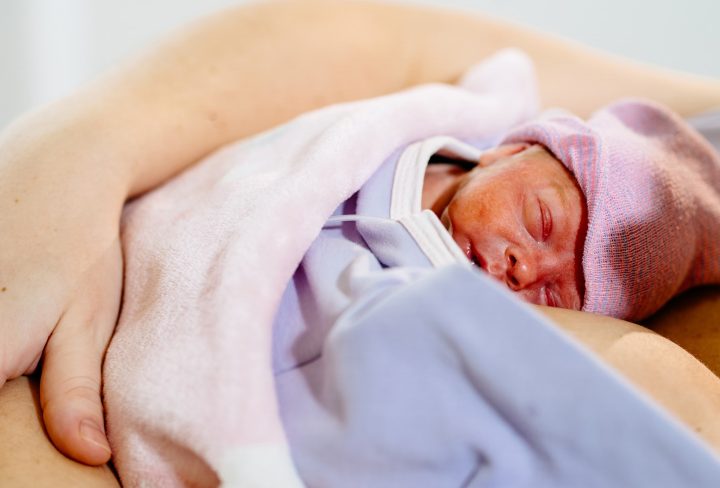Neonatal sepsis (newborn sepsis) is a severe blood infection in newborn younger than 90 days old.
- Early onset sepsis: Occurs in first week of life
- Late onset sepsis occurs after 1 week through 3 months of age
Symptoms:
The common symptoms of neonatal sepsis include:
- Sudden changes in the body temperature
- Breathing problems
- Low blood sugar
- Diarrhea
- Reduced sucking
- Seizures
- Reduced body movements
- Vomiting
- Swollen belly
- Not accepting feeds
Causes:
The most common causes of newborn sepsis include bacterial infections. However, sepsis can also be caused by fungi, parasites, or viruses. The infection can be in several places throughout the body.
Diagnosis:
The diagnostic tests for sepsis in newborns include:
- Blood tests: (blood cell counts, blood cultures): to check for bacteria in the blood, and check for signs of infection
- Urine tests (urinalysis and culture): to check for bacteria in urinary system
- Skin swabs: to check for any bacteria in skin
- Lumbar puncture: to check for infection of the brain and spinal cord (meningitis)
- X-rays or imaging tests: For example, a chest X-ray is used to check for a lung infection
Treatment:
Newborns who have sepsis are admitted to an intensive care unit (ICU). Treatments may include the following:
- Intravenous (IV, directly into a vein) fluids
- Intravenous (IV) antibiotics
- Extra oxygen and other forms of respiratory support, if required
- Occasionally, babies may need blood transfusions
Complications:
Sepsis is life-threatening for newborns. It can affect any body system. It often affects more than 1 system at the same time.
Prevention:
To prevent infection in the baby, expectant women can be treated with IV antibiotics for several hours before delivery, if indicated by prenatal screens or clinical signs such as maternal fever or uterine tenderness.



